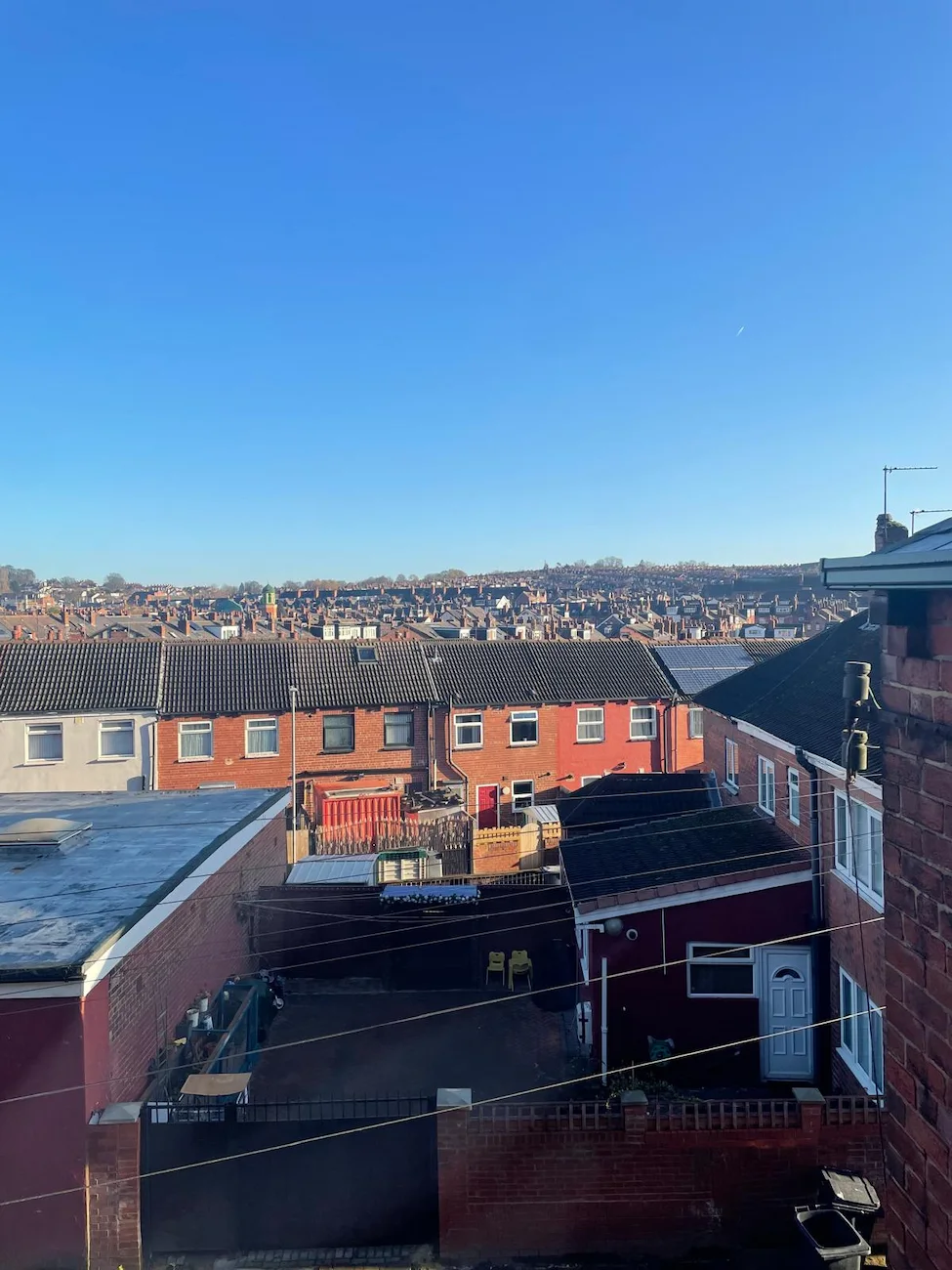Securing the right finance is one of the most important steps when buying property in the UK as an overseas investor. The structure you choose will affect how quickly you can complete, how you manage your cash flow, and the long-term returns you achieve.
At Roberts Renovations, we work with independent mortgage brokers and professional partners who specialise in supporting non-UK residents. Understanding your funding options early helps plan renovation budgets, calculate yields, and select properties that align with your investment goals.
For many overseas investors, financing strategy goes hand in hand with understanding the full costs of purchase. If you have not already done so, read our companion guide The Real Costs of Buying UK Property as an Overseas Investor.
Cash Purchase: Fast, Flexible and Ideal for Renovation Opportunities
Buying property outright remains the simplest route for overseas investors. A cash purchase eliminates the need for lender approval, valuation delays, or exchange-rate waiting periods, allowing faster completion and stronger negotiation power with sellers.
Cash buyers often secure Below Market Value (BMV) or off-market opportunities where speed and certainty matter most. This can be particularly advantageous for renovation or flip projects where timing directly affects profit. However, using all available capital on one purchase limits liquidity and reduces diversification.
Many clients choose to purchase in cash initially, then refinance after the renovation to release equity and reinvest elsewhere. This strategy combines short-term speed with long-term scalability.
Financing with a UK Mortgage as a Non-Resident
Specialist lenders in the UK offer mortgage products designed for non-UK residents and overseas investors. These usually require a deposit of 25 to 35 percent of the property value and proof that funds originate from legitimate sources.
Applicants are generally asked to provide bank statements, proof of income, identification, and in some cases audited business accounts. Mortgage terms typically range from 20 to 25 years, with both repayment and interest-only options available. Rates may sit slightly higher than domestic products to reflect additional due diligence and currency exposure.
Using mortgage finance allows investors to leverage capital, spreading funds across multiple properties and increasing potential returns. While Roberts Renovations does not arrange finance directly, we can support overseas clients by connecting them with experienced, independent mortgage brokers who specialise in non-resident lending criteria.
Bridging Finance: Short-Term Funding for Purchase and Renovation
Bridging loans offer a flexible alternative to traditional mortgages, particularly for renovation or development projects that require rapid access to funds. These short-term facilities usually run from six months to two years, though some can extend further depending on the project and lender.
Funders may provide finance for both the property purchase and the renovation works, making bridging a popular choice when investors want to undertake larger refurbishments or conversions but lack the immediate capital to do so. Interest rates are higher than standard mortgages, yet the speed and scope of funding can unlock opportunities that might otherwise be out of reach.
While we always recommend speaking directly with a qualified mortgage broker or funder, we can walk investors through the available options during our initial fact-find. We cannot begin property sourcing until we understand what you are looking for and how you intend to fund the project.
Buying Through a UK Limited Company
Many overseas investors choose to purchase through a UK-registered limited company. This structure separates personal and business assets, can provide tax efficiency for portfolio investors, and simplifies ownership transfer or succession planning.
Holding property within a company can also make reinvestment easier, as profits retained within the business may be used for future acquisitions. Some lenders prefer lending to UK entities because company structures provide clearer governance and reporting.
While this approach can offer advantages, suitability depends on personal tax position and long-term objectives. We always advise investors to seek independent accounting and legal guidance before establishing a company. Learn more at Companies House – Register a Company or visit our Property Sourcing Services page for support on how we work with company-based investors.
Register of Overseas Entities (ROE) Explained
Introduced under the Economic Crime (Transparency and Enforcement) Act 2022, the Register of Overseas Entities requires any non-UK company, partnership, or trust purchasing property in the UK to disclose its beneficial owners before completion. The register is maintained by Companies House, you can find out more on the governments website specifically for oversees inteities.
Without registration, HM Land Registry will not complete a transfer of title, and failure to comply can result in financial penalties or restrictions on selling the property.
Private individuals investing directly do not need to register but must still complete full anti-money-laundering and source-of-funds checks. Understanding these requirements early avoids last-minute delays during conveyancing.
Managing Currency and Exchange Risk
Currency fluctuations can significantly affect the total cost of an overseas property purchase or mortgage repayment. A weaker pound can make UK property more affordable in foreign currencies, while sudden strengthening can increase total spend.
Investors should be aware of how exchange-rate movements influence timing and affordability but must also understand that Roberts Renovations are not experts in currency management. This information is shared purely for consideration as part of broader planning.
Those seeking detailed advice should consult a qualified financial adviser or regulated foreign-exchange specialist before making any currency-related decisions. You can also review historical trends via the Bank of England Exchange Rate Database
Choosing the Right Approach for Your Investment
Each financing option carries distinct advantages and considerations. Cash purchases provide speed and simplicity, mortgage finance offers leverage and scalability, bridging opens short-term flexibility, and company structures support long-term portfolio growth.
The most suitable route depends on your capital position, target returns, and future plans. At Roberts Renovations, we help investors align financing strategy with sourcing, renovation, and management objectives to ensure projects remain both achievable and compliant.
Understanding your funding position early also enables us to identify opportunities that match your purchasing power, reducing wasted time and strengthening negotiation.
Financing a UK Property from Overseas – Next Steps for Investors
Selecting the right funding structure determines not only how quickly you can complete but also how efficiently your portfolio can grow. By combining the correct finance route with a clear sourcing and renovation plan, overseas investors can maximise returns while managing risk responsibly.
Roberts Renovations works with trusted mortgage brokers, accountants, and solicitors to help international clients finance UK property with confidence and transparency.
Ready to discuss your investment goals? Arrange a consultation or read our related guide The Real Costs of Buying UK Property as an Overseas Investor.
Frequently Asked Questions
Can non-UK residents get a mortgage for UK property?
Yes. Several specialist lenders offer products for international buyers, usually requiring a larger deposit and additional documentation to verify income and source of funds.
What deposit do overseas investors need?
Deposits for non-resident mortgages generally range from 25 to 35 percent of the purchase price, though requirements differ by lender and property type.
Are mortgage rates higher for foreign investors?
Rates can be slightly higher than standard UK mortgages because of additional checks, currency risk, and lender criteria for overseas applicants.
What is bridging finance and when is it useful?
Bridging finance is a short-term funding solution, typically lasting six months to two years, that covers both purchase and renovation costs. It is popular among investors tackling larger projects where traditional mortgage finance is not suitable.
Can I buy UK property through a limited company?
Yes. Many overseas investors choose this option for potential tax efficiency and portfolio management benefits. Independent tax and legal advice is essential before proceeding.
What is the Register of Overseas Entities and who must register?
It applies to non-UK companies, trusts, and partnerships buying property in the UK. They must register beneficial owners with Companies House before completion.
How should I approach currency exchange when buying from abroad?
Currency fluctuations can affect total cost. Always consult a regulated foreign-exchange specialist or financial adviser for guidance before transferring large sums.
Can Roberts Renovations help me arrange finance for a UK property?
Yes. While we do not provide financial products directly, we work closely with experienced brokers and partners who can assist in finding the most suitable funding solution for overseas investors.


.jpeg)




